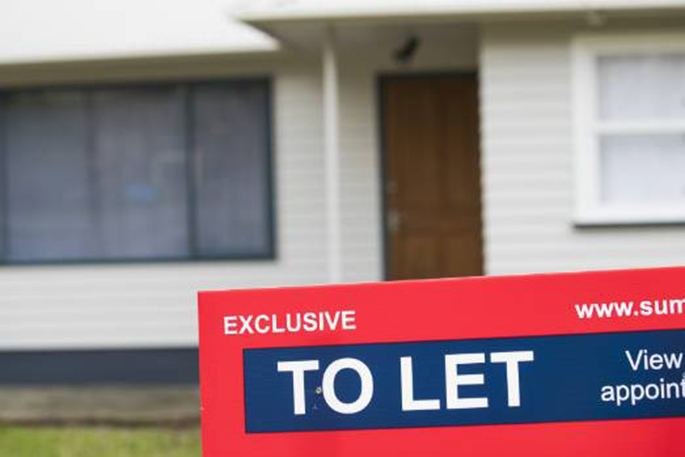New Zealand rental prices have recorded an all time high, according to Trade Me’s latest Rental Price Index.
The latest data reveals that the national median weekly rent in Aotearoa has jumped to $625 for the month of December – the first increase in almost six months.
Trade Me’s property sales director Gavin Lloyd says it’s the first time that December has recorded a month on month increase.
“Seeing rent prices go up in the last month of the year is not something we typically do see, especially since the official cash rate stayed the same in late 2023. Compared to the previous December, tenants are now paying an extra $45 each week.
“Kiwi are still grappling with higher living costs and we’re now starting to see this flow through to rental prices. Many people will be watching the new government in 2024 as recent legislation has reshaped the Reserve Bank’s focus to a singular mandate-to bring down inflation.”
Bay of Plenty overtakes Auckland as priciest region
Auckland has been one of the most expensive regions all year, but in December, the Bay of Plenty took the top spot.
Rent in the Bay of Plenty went up by 11.7 per cent compared to last year, reaching a high of $670 per week.
The Western Bay of Plenty surged by 14.2 per cent, and Tauranga went up by 7.7 per cent, pushing the overall rent figures up in the region.
“Although we’ve witnessed a recent dip in rent prices in Auckland, it typically remains one of the pricier places to live, often rivalling Wellington. Normally, the highest costs are in regions with major cities, but this demonstrates that other areas have plenty to offer renters,” says Gavin.
Marlborough stands out as the sole region experiencing a year-on-year decrease in rental prices nationwide, with a decline of 0.9 per cent making the median weekly rent $530.
Southland retains its status as the most affordable place to rent in New Zealand, with a median price of $440 per week, marking a slight 2.3 per cent increase from the previous month.
Record highs across different property sizes
Properties in Auckland and Christchurch hit record highs, most notably in smaller properties with less than two bedrooms.
In Ōtautahi, the median weekly rent for 1-2 bedroom houses reached a high at $500, as did 3-4 bedroom properties, jumping 8.3 per cent to $650 year on year.
Meanwhile, in Tāmaki Makaurau smaller dwellings also peaked, experiencing a 9.4 per cent increase to $580 per week.
Nationally, properties with five or more bedrooms saw a substantial surge in December, rising by 11.7 per cent to $1095, and 1-2 bedroom properties reached $540, marking a record high for the country.
Demand slows in main regions ahead of holiday season
Nationwide demand for rental properties in December was down by 19 per cent compared to November while listings were also down by 17 per cent.
This trend was clear across many regions, including major hubs, where Auckland (20 per cent), Canterbury (19 per cent), and Wellington (eight per cent) all saw a decline in demand. However, Gisborne and Marlborough stood out as the only two places that experienced an increase in demand.
“Marlborough experienced a significant surge in demand in December, skyrocketing by 61 per cent compared to the previous year, while Gisborne saw a 42 per cent increase. Given both regions boast ample sunshine hours, it comes as no surprise that Kiwis are eager to soak up the warmth during the sunnier months.
“While there was a notable 21 per cent increase in available listings in Gisborne, the demand still outpaces the supply, making it a bit challenging for renters to secure a place with so many eager to be there.”



1 comment
The Master
Posted on 24-01-2024 12:41 | By Ian Stevenson
No sign of any change anytime soon, meaning for the next 3-4 years at least. The main reason of course is economics 001... eliminate the supply and availability of sections to the market, then obviously the price will sky-rocket. That is what happens in the real world and all the large scale land owners around the city are 100% aware of that.
Add to the huge mess is TCC, the use, abuse of the RMA to slow all down... for the fees, income and self gain... slows the resource consent time frames and titles available to 5-10 years, same answer as above, economics 001... eliminate the supply and availability of sections to the market, then obviously the price will sky-rocket.
This affects homeowners and landlords equally. So rents get higher, squeeze out whoever cannot afford rents. An obvious outcome, obvious answers, no sign of change.
Leave a Comment
You must be logged in to make a comment.